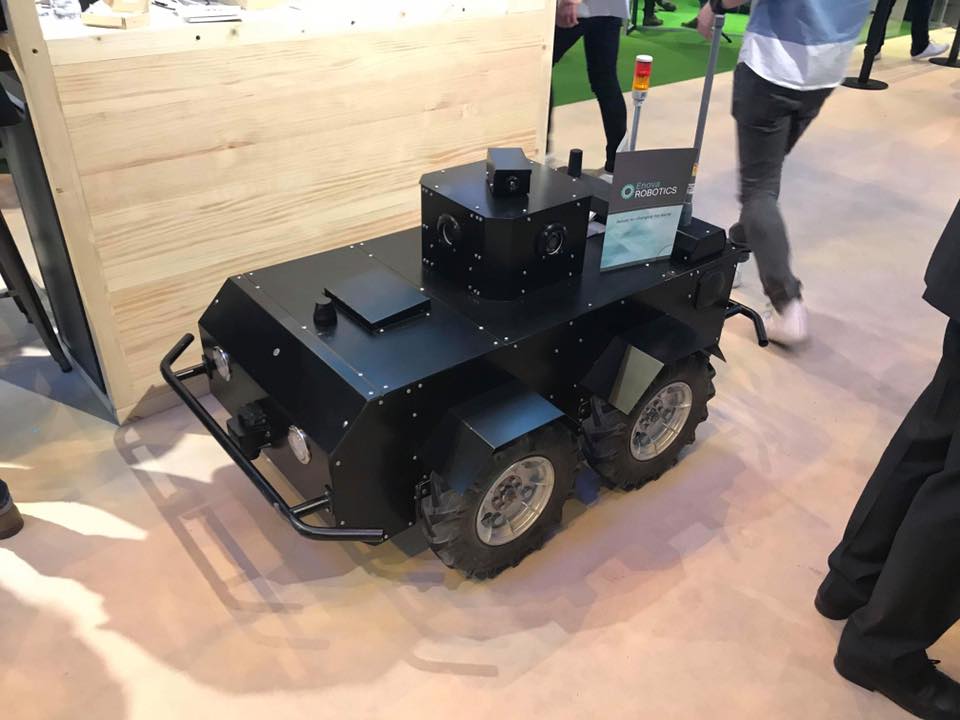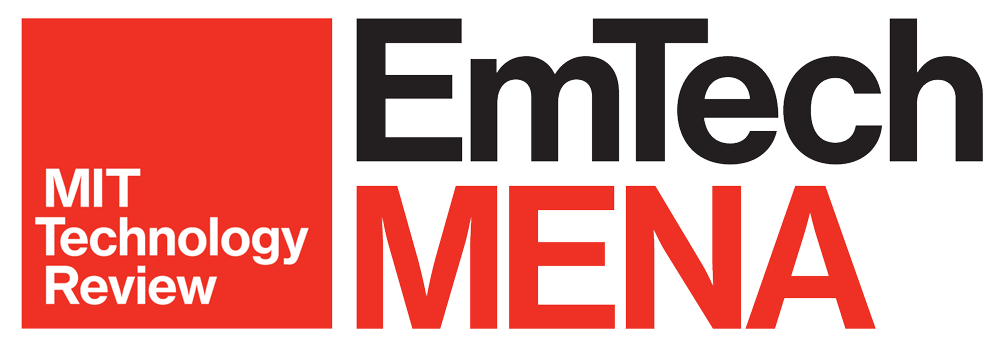
Anis resigned in 2014 as a professor at the Sorbonne, Paris – a position at one of the oldest, most prestigious universities in France – in order to be free and establish his own private robotics company. It was a highly criticized move, with family and friends describing it as “hasty” and “insane”. He was determined, however, to be free and develop his passion in developing and constructing humanoid robotics or androids. Anis lost six full months in completing the official procedures to register his company, but none of this stood in the way of his dream.
Enova Robotics produces four types of robots that serve the health and security sectors among others, all of which are regularly sold to major corporations in Europe. His company has received the highest level of financing for any startup in the history of Tunisia and is considered one of the leading few robotics firms in the Arab world and worldwide. This is because their products are dedicated to serving humanity rather than replacing them.
Ambitious start
Sahbani completed his higher education with a doctoral thesis on androids and spent ten full years at the Sorbonne teaching students robotics while running his research in his free time. His true ambition wasn’t to teach others about robotics, however, but to invent robots capable of serving people and facilitating their lives. He, therefore, left his position at his prestigious university and moved to the city of Susah, Tunisia, in order to establish Enova Robotics with a modest capital of thirty thousand US dollars.
“This company was Anis’ dream,” says Ridwan bin Farhat, director of sales at the company, during an interview with MIT Technology Review Arabia. “He felt the best country to fulfill this dream was Tunisia, as it was filled with highly qualified individuals in the field of engineering, as well as providing a suitable environment for investment and a fertile ground for startups, due to less expensive labor costs as compared with what startups face in France.”
the first device Enova Robotics developed was MiniLab – a simple android intended as a teaching tool for students studying humanoid robotics, and a tool for experiments and academic research. The code running MiniLab was open source based on the Robotics Operating System (ROS), and the robot was sold at a very commercially viable price of 4,500 USD. Production began in the company’s first year, and 30 pieces were sold to universities and labs across Europe, as Tunisia and neighboring countries had no market for androids.
Security and healthcare robots
“The company now produces four commercial types of robots,” says Farhat. “They serve various duties ranging from education, healthcare, and security. Our principle is that these robots don’t seek to replace humanity or take their jobs, but to help them perform their jobs better.”
The second of the company’s devices were Etouch, a robot specialized to help patients, particularly the elderly. Etouch was well received and is still currently being sold in the market. “This robot is being used in retirement homes,” says Farhat,” as they help patients in their daily tasks, and allows them to contact their families and doctors whenever they like, wherever they are. If the patient begins experiencing a problem, the robot calls specialists and helps provide a preliminary diagnosis and treatment plan.”
Enovoa Robotics’ main product, however, is the P-Guard, a security robot sold at a price point of 80,000 USD. The robot looks like a small armored vehicle or tank, an appearance selected purposefully so it did not look human, in line with the company’s mission to build robots that “help not replace humankind.”
“Giant but vulnerable facilities require observation by huge security teams equipped with hundreds of costly cameras and communication devices,” says Farhat. “This is prohibitively expensive and complicated and can be easily penetrated by disabling the cameras. Additionally, the number of people willing to work security jobs is very low due to the danger and difficulty of the task, requiring long-hours exposed to the elements – sun, rain, snow; however, there is a huge need for labor in this field. the US alone needs one million man-hours every night to secure its facilities.”
P-Guard facilitates all of this. Equipped with wheels to roam the facility, look out for danger or threats, and expose intruders, the robot can report any suspicious activity it observes by sending an immediate warning to the responsible security guard to investigate further. This allows guards to focus on their main tasks, saving them many hours of standing outdoors. Enova Robotics introduced this robot to the market in 2015 and has since met with great success, as it closed a gap in innovation within the security sector.
The future of the android
Enova Robotics gained 1.6 million USD in financing last year (2018) from Capsa Capital after it estimated the value of the company at 5.5 million USD. According to Megabytes, this is the most any startup has earned in financing in Tunisia’s history.
Sahbani intends to make use of this financing by opening branches of the company outside Tunisia, including a branch in France dedicated to research and development, as well as sales in the European market. He also intends to expand in the Arab region, particularly in the GCC, which the company sees as an important market for robotics. This will increase Enova Robotics’ activities in the Arab world, as it currently sells 98% of its products in Europe and the US, with only 2% reaching the Arab world. Additionally, the company’s team of twenty engineers and innovators are working to develop their upcoming products in Tunisia and France.
“Twenty years ago,” says Farhat, “some technology enthusiasts predicted that the Internet (still at its early stages at that point) would become an integral part of people’s lives. Today, robotics is going through the same experience that the internet did back then, and in twenty years it will have an essential role in all our lives. The challenge here isn’t developing the robotics, it’s getting people to accept their existence and become acclimated to them. If we can make robots at economic prices that are capable of serving people, it will make every aspect of their lives easier, bringing them comfort and joy.”
